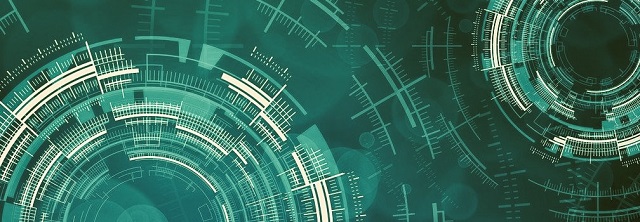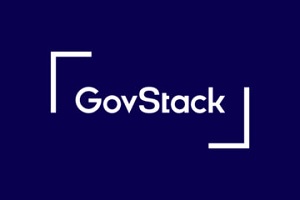
In 2020, ITU, together with the governments of Germany and Estonia, and the Digital Impact Alliance, launched an initiative to assist national governments in establishing interoperable, secure and reusable IT infrastructure in support of their national development objectives.
 |
The “GovStack” is a set of digital building blocks that allow national public agencies to harness the power of emerging IT technologies, while minimizing costs and dependence on external contractors. The building blocks can be stacked together to easily build need-tailored, yet technically standardized solutions and services for citizen-oriented use cases in administration, health care, agriculture, education, and more.
|
Since January 2022, as part of a two-year-long project funded by GIZ on behalf of the German Federal Government, ITU complements these efforts by ensuring that the capabilities of GovStack support environmental efforts and does not produce additional burden for the climate. ITU will: - Guide governments to procure environmentally friendly equipment on which to run GovStack;
- Identify and report climate-friendly technologies to be used within the GovStack infrastructure; and
- Help select countries in implementing policies and regulations to treat the electronic and electrical waste resulting from GovStack infrastructure, and other origins, in an environmentally sound manner.
Guiding governments’ green ICT procurement
Governmental purchasing can be a significant incentive for ICT suppliers to innovate and adapt their products to become greener. Building on existing recommendations from the international community, ITU plans to release a comprehensive guidance document targeted towards purchasers of hard and software in or for ICT ministries and regulators, as well as central or decentral operators of public ICT. By following climate-sound criteria in procurement decisions, government-run ICT projects can significantly decrease their carbon footprint. To facilitate application of these criteria, an extensive guide will be complemented by an interactive e-learning.
Finding green ways to ICT’s development and operation
Besides their myriad use cases for climate change mitigation, it is known that the production and operation of digital technologies is environmentally costly, owing to high energy consumption. In response, there has been more efforts to make climate-friendliness a key consideration in ICT’s architecture design. ITU will compile and recommend the most relevant standards, approaches, and existing solutions for green hardware and software – such as those
developed by ITU-T – that can be used within GovStack or other digital stacks. These will be made available to the public in the form of a report and an e-learning.
Assisting countries in establishing circular electronics economies
Millions of tonnes of electronic and electrical waste are produced each year through private consumption as devices reach their end of life. Improperly disposed and handled, the toxic materials included in e-waste pose severe harms to human health and the environment. To transition these flows into circular systems in which producers contribute to devices’ recycling and reuse, ITU conducts technical assistance programmes in Mauritania, Niger and Rwanda to implement environmentally sound e-waste policies and regulations.